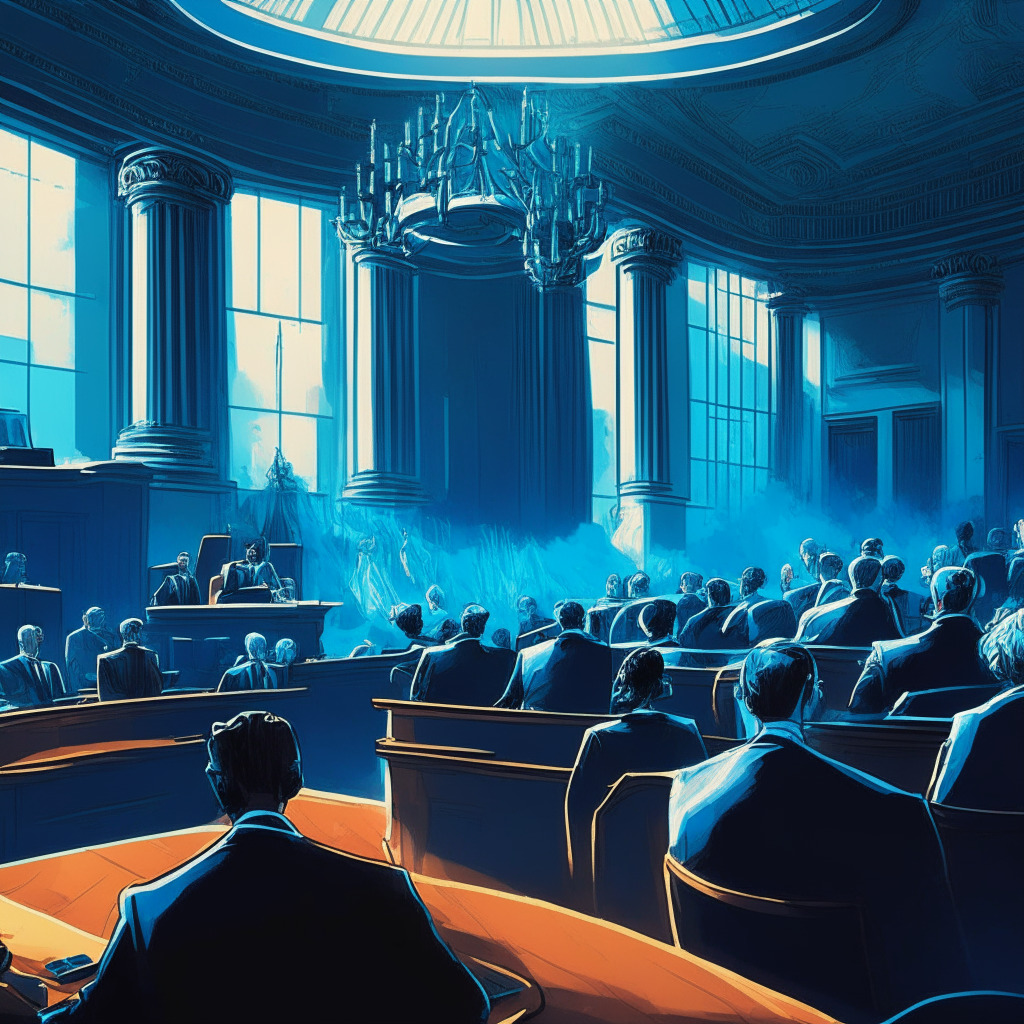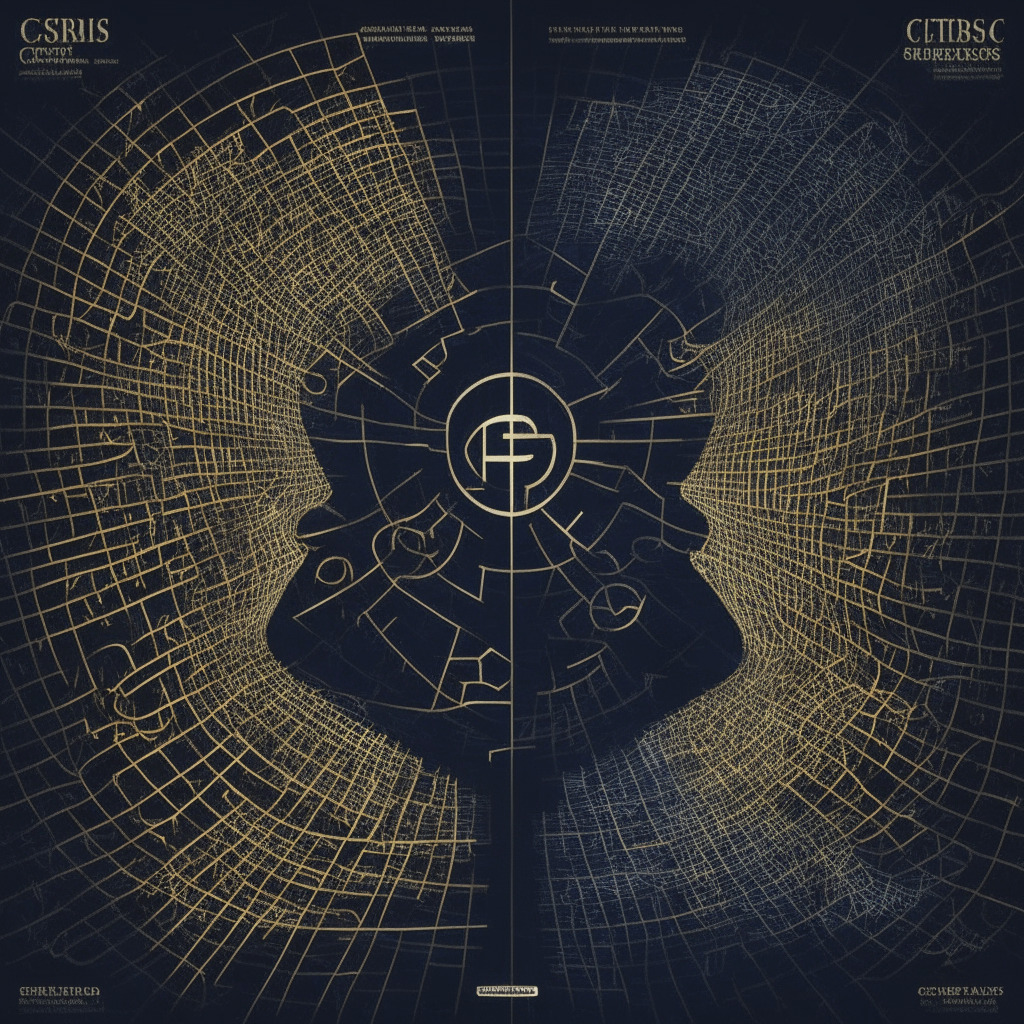In the fast-paced world of cryptocurrency, there couldn’t be a more riveting saga than that of Alex Mashinsky, the former top brass of the crypto lender, Celsius. Well known for his audacious moves in the market, Mashinsky’s recent bid to have the Federal Trade Commission (FTC) dismiss its case against him sure grabbed headlines. Last year, when the harsh crypto winter took its toll, Celsius filed for bankruptcy, and in a coordinated move, Mashinsky found himself in the custody of the consumer-protection body, the DOJ, and securities and commodities regulators in July.
Mashinsky stands charged with multiple counts of fraud and manipulation of the CEL token’s price. These charges have been vehemently refuted by his legal team, who have denounced them as groundless. In their recent appeal, they maintained the allegations lack any supportive claim that Mashinsky knowingly committed a misstatement to illegitimately gain customer data from a financial institution – a requirement by the 1999 law, the Gramm-Leach-Bliley Act.
Hanoch “Nuke” Goldstein, the erstwhile Chief Technology Officer of Celsius, has also been in the legal crosshairs. Goldstein claimed the FTC needed to establish more laws to tackle nuanced cases such as marketing fraud before embarking on such legal ventures. He is reportedly under scrutiny solely for his association with other Celsius executives, as he once retweeted a blog by Celsius.
Meanwhile, in a parallel and interesting development, U.S. Attorney Damian Williams proposed a halt to FTC proceedings to avert jeopardizing the concurrent criminal investigation.
Mashinsky stepped down from his CEO role in September 2022 subsequent the company declaring bankruptcy. Following his release on a $40 million bond, a court recently decreed a freeze on his banking and real estate assets.
This intriguing narrative offers numerous facets to explore. On one hand, there’s the question of whether 21st-century cryptocurrency cases can be effectively pursued with 20th-century laws, implying a possible need for legal framework expansion. On the other hand, guilt by association, as suggested by Goldstein’s case, raises concerns about the signal being sent to the crypto industry. Do these litigious conditions threaten to neutralize innovation and stifle necessary discourse on crypto governance? The Mashinsky case certainly leaves us pondering.
Source: Coindesk




